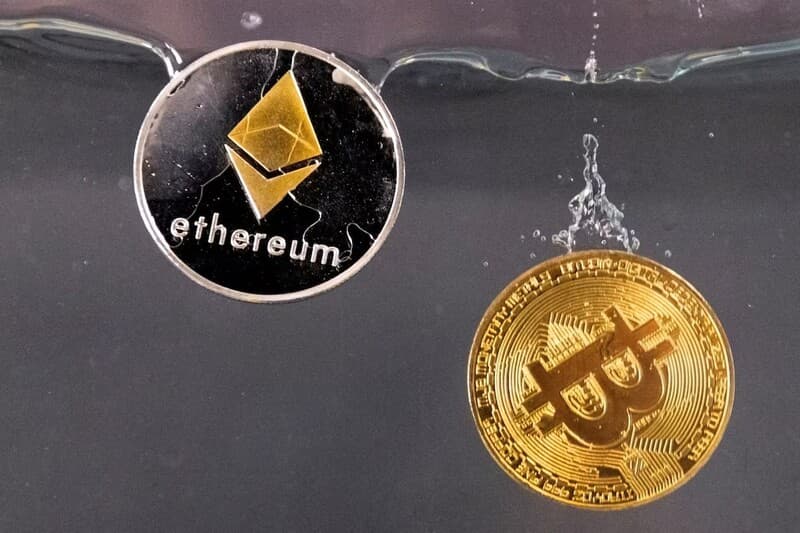Thiel acknowledged that many miners are currently experiencing difficulties due to fierce competition, growing demand for electricity and declining profits.
The head of MARA called mining a "zero-sum game," explaining that it becomes more difficult for its participants when more and more people join it. This means that due to the reduction in the reward for miners (halving), which occurs every four years, the miners receive less profit, but their energy costs remain, and these are only minimal expenses.
For this reason, large mining companies are shifting their attention to related areas: artificial intelligence (AI) or high-performance computing (HPC), Thiel explained. It is difficult for many miners to compete with companies that use their own equipment at minimal cost. We are talking about large manufacturers of mining equipment and companies like Tether with large resources.
The head of MARA warned that after the upcoming halving of Bitcoin in 2028, the situation for miners may worsen. By this time, the reward for mining the block will decrease to 1.5 BTC. If transaction fees do not increase and the bitcoin exchange rate does not increase by at least 50% every year, mining may become unprofitable. And in 2032, it will be even harder for miners, Thiel fears.
"By 2028, miners will have to produce electricity on their own, enter into the structure of energy generating companies or form strategic alliances with them. The time of miners connected directly to the power grid is running out," Thiel said.
Earlier, the head of MARA suggested that the US government replenish the state crypto reserve by mining bitcoin, rather than making purchases, otherwise creating a strategic reserve in BTC would not make sense.
